News Archive
-
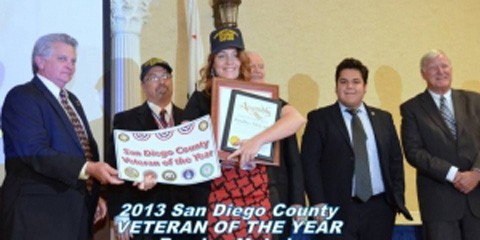
With a knee injury during deployment ending her dreams of a long career in law enforcement and the military, Master of Social Work student RanDee McLain decided to give back to her fellow veterans by pursuing a career in social work.
To that end, McLain has been involved in more than 21 military-related events and organizations in just two years at the USC School of Social Work. In recognition of her tireless work, McLain has been honored as the 2013-2014 Veteran of the Year by the San Diego Veterans Museum and Memorial Center.
-
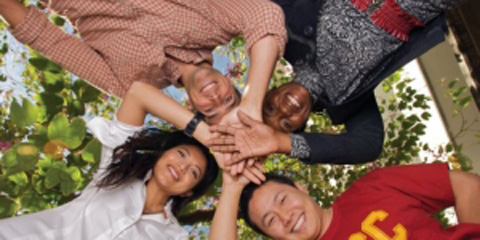
A new $20 million gift from anonymous donors will endow student support in the USC School of Social Work, the USC Dornsife College of Letters, Arts and Sciences, and the USC Marshall School of Business. This is one of the largest individual gifts for student support in the university’s history.
-
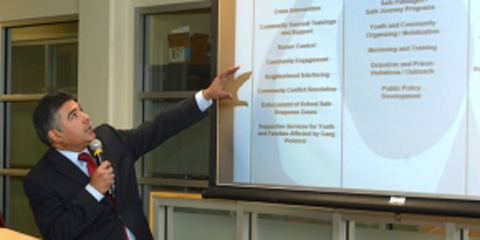
Rep. Tony Cardenas never thought he would become an elected official. Growing up Latino as one of 11 siblings in a low-income household in Pacoima, Calif., Cardenas didn’t think public office was in the cards for him, even when a friend suggested otherwise.
“I said to my friend, ‘People like me don’t run for office.’ And what I meant in my mind by ‘people like me don’t run for office’ was that people of color don’t run for office,” Cardenas said to USC School of Social Work adjunct professor Robert Hernandez’s Adolescent Gang Intervention class on Nov. 25.
-
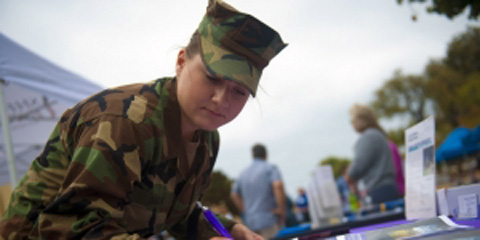
The Center for Innovation and Research on Veterans & Military Families (CIR) at the USC School of Social Work has received a grant from Prudential to build on its community engagement efforts to strengthen veterans’ reintegration into the civilian community.
The $300,000 award will allow CIR to continue its mission to train behavioral health practitioners on the best practices that will help returning veterans develop meaningful careers—the biggest challenge to a successful transition home.
-
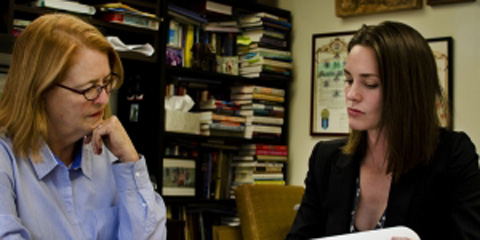
A young couple raising an infant in Los Angeles County may rely on dozens of social service agencies and public departments, from assistance with child care and food costs to preventive health examinations and parenting classes. But that continuum of support can be disjointed, overwhelming, and even ineffective.
Limited data are available to policy makers or agencies to help determine how young children and their families move from one public system to another.
-
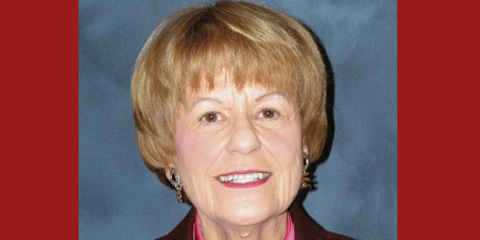
To bolster innovative, impactful research at the USC School of Social Work, Professors Bruce Jansson and Kathleen Ell have dedicated some of their own resources, providing monetary support to two important areas of social work study.
-
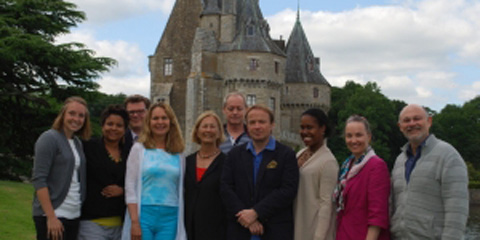
The French countryside seemed a fitting setting for international colleagues of different backgrounds to discuss managing a multicultural and diverse global workforce. It was one of two think tanks led by Michálle Mor Barak, director of the PhD program at the USC School of Social Work and the Lenore Stein-Wood and William S. Wood Professor in Social Work and Business in a Global Society, to consider how other disciplines might be approaching similar challenges and how these practices might be applicable to the social work profession.
-

Nonprofit and volunteer veterans groups, along with the Department of Defense, rightly focus on the mental health needs of the warriors who fought in Iraq and Afghanistan. Their children deserve attention as well. After more than a decade of living with the separations and uncertainties endemic to military life, many children from military families are paying the emotional and psychological costs.
-
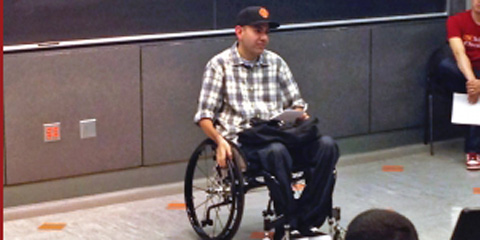
Edgar Rico was 24 when his life changed forever.
It wasn’t graduating from college or starting a new career, but it was a car accident that broke his neck and left him paralyzed from the neck down. An avid athlete who played baseball and soccer, Rico was told by doctors that not only would he never again be able to play the sports he loved, but that he would never be able to do anything else but lie in a bed. Unwilling to accept this prognosis, Rico refused to feel sorry for himself and instead fought to give himself opportunities to live a normal life.
-
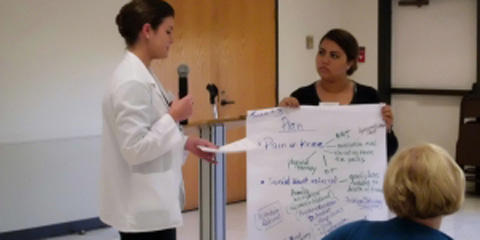
When veterans come home, they may face multiple health challenges—physical, mental and psychological.
To be better prepared to serve them, about 40 students from the University of Southern California and Mount St. Mary’s College participated in an interprofessional workshop aimed at creating collaborative care strategies for veterans and military families.